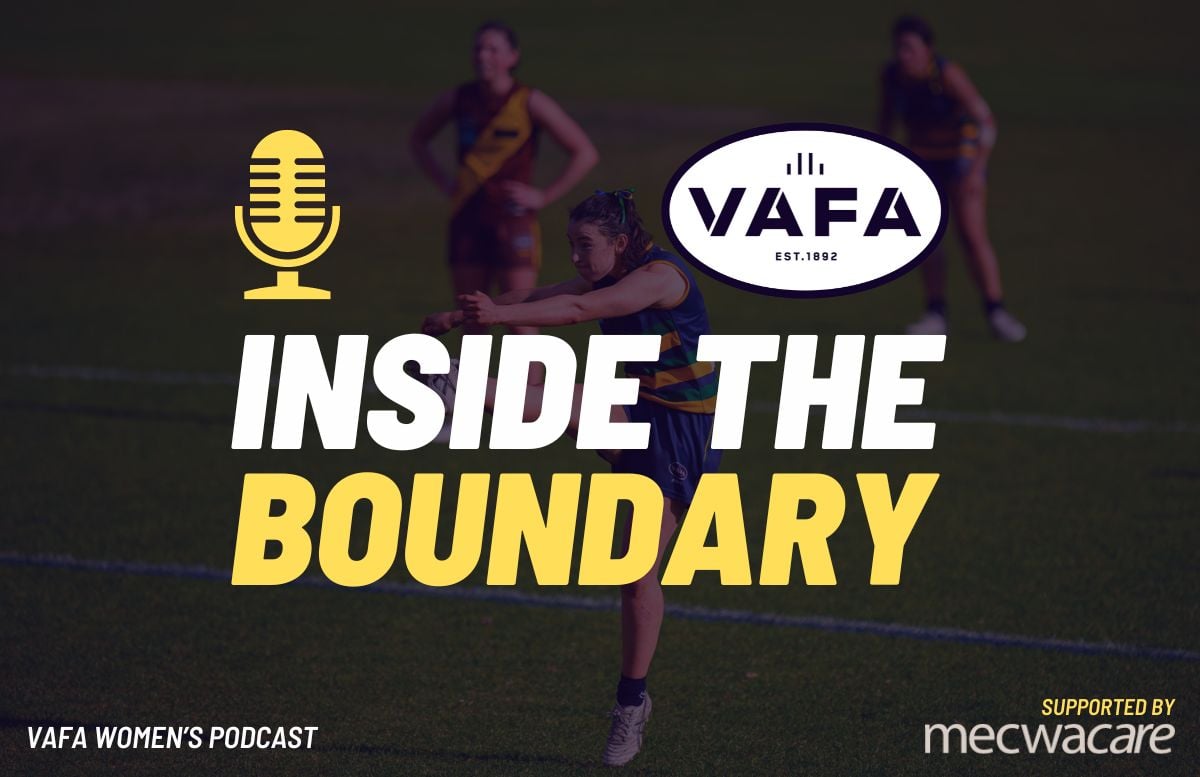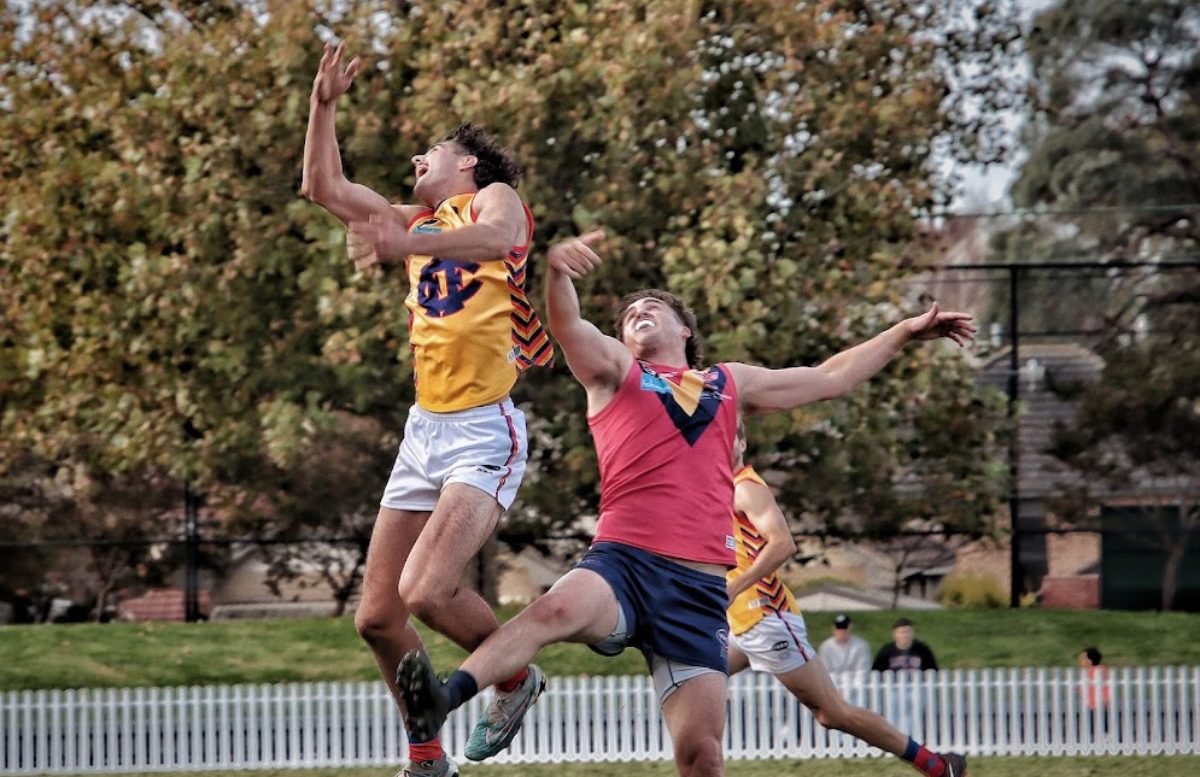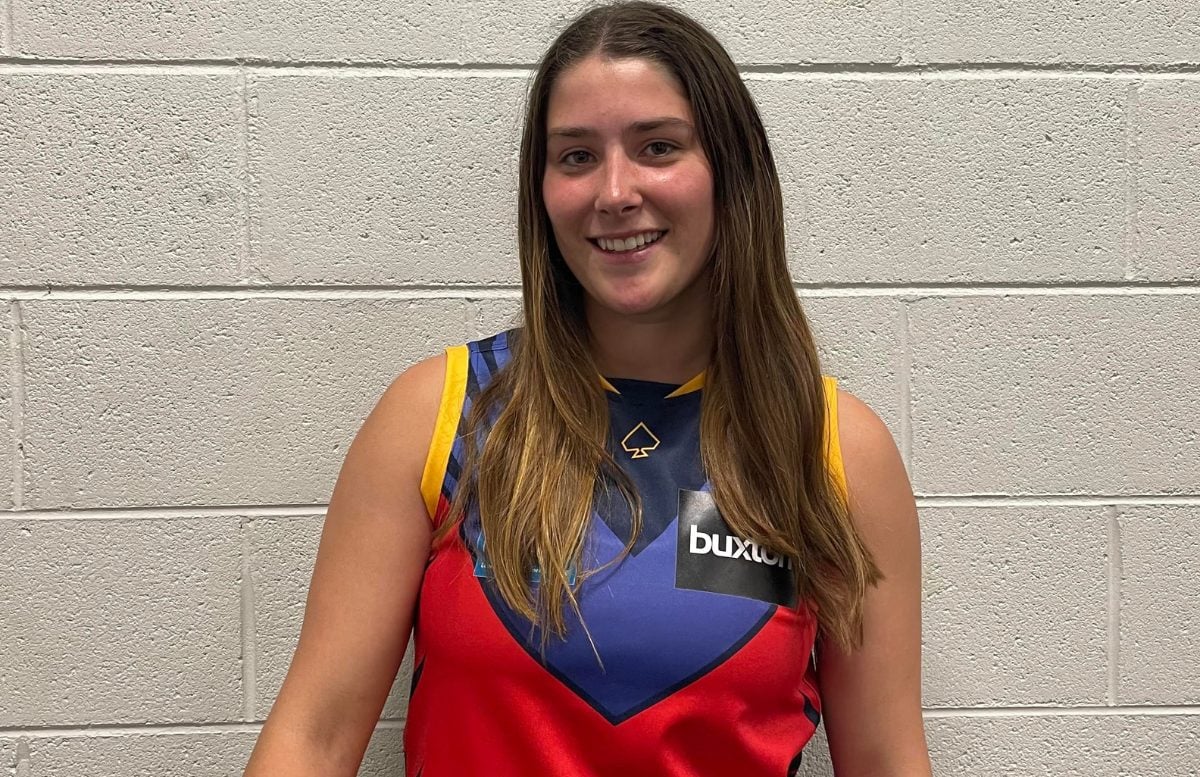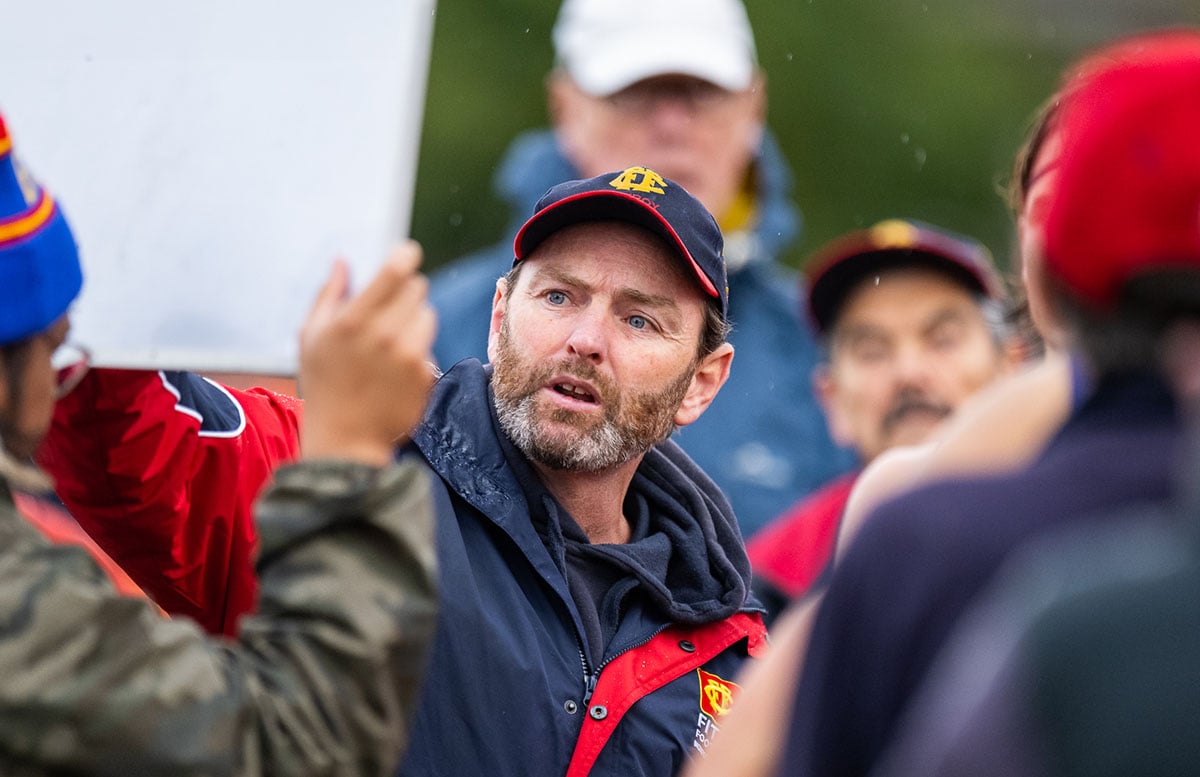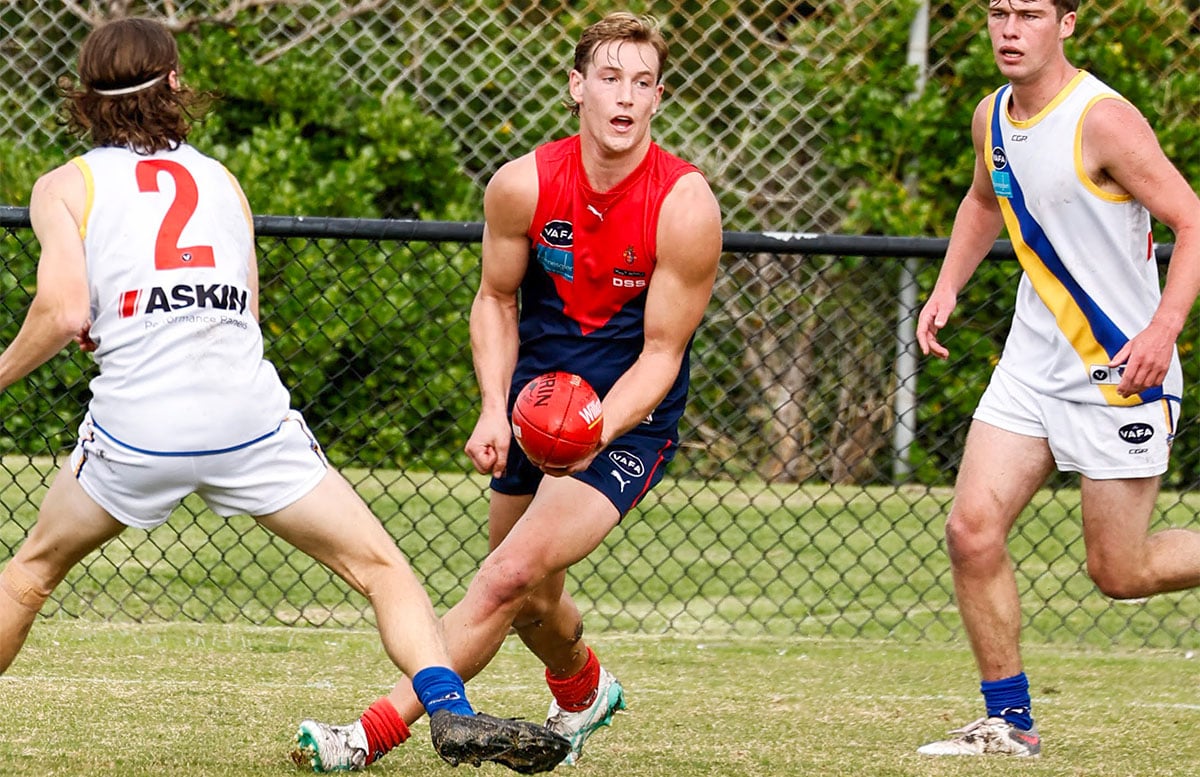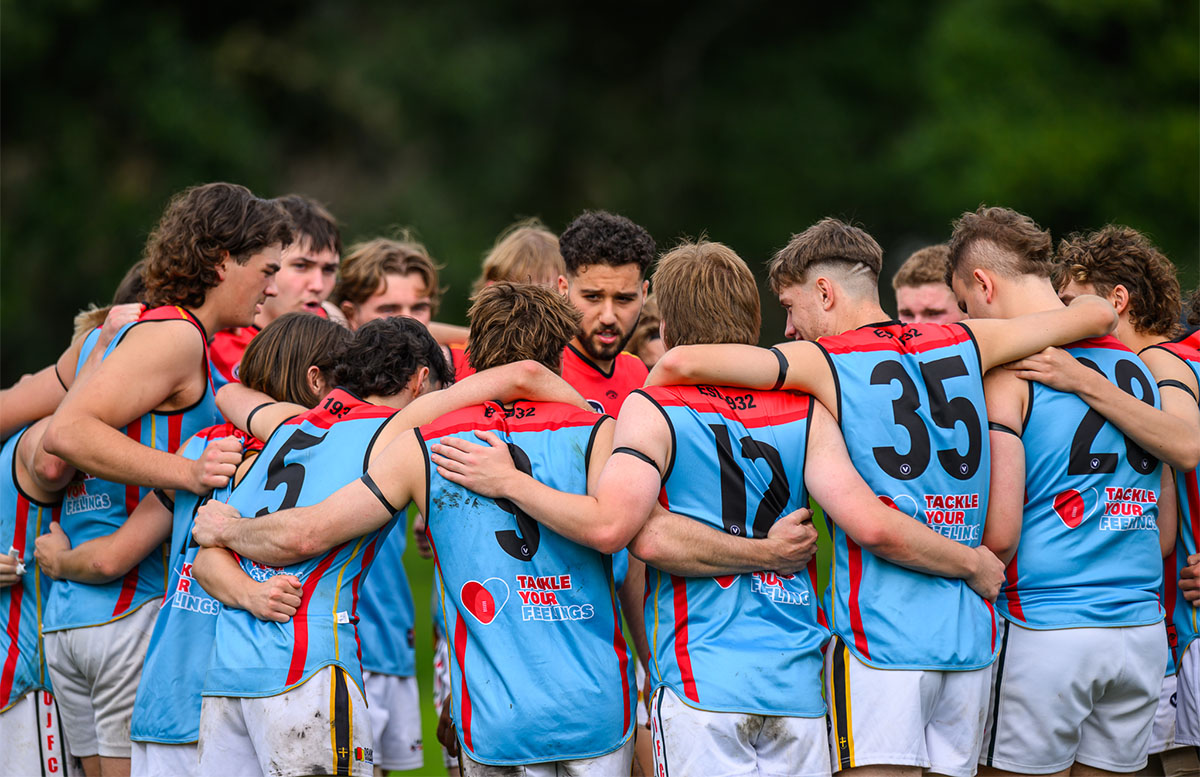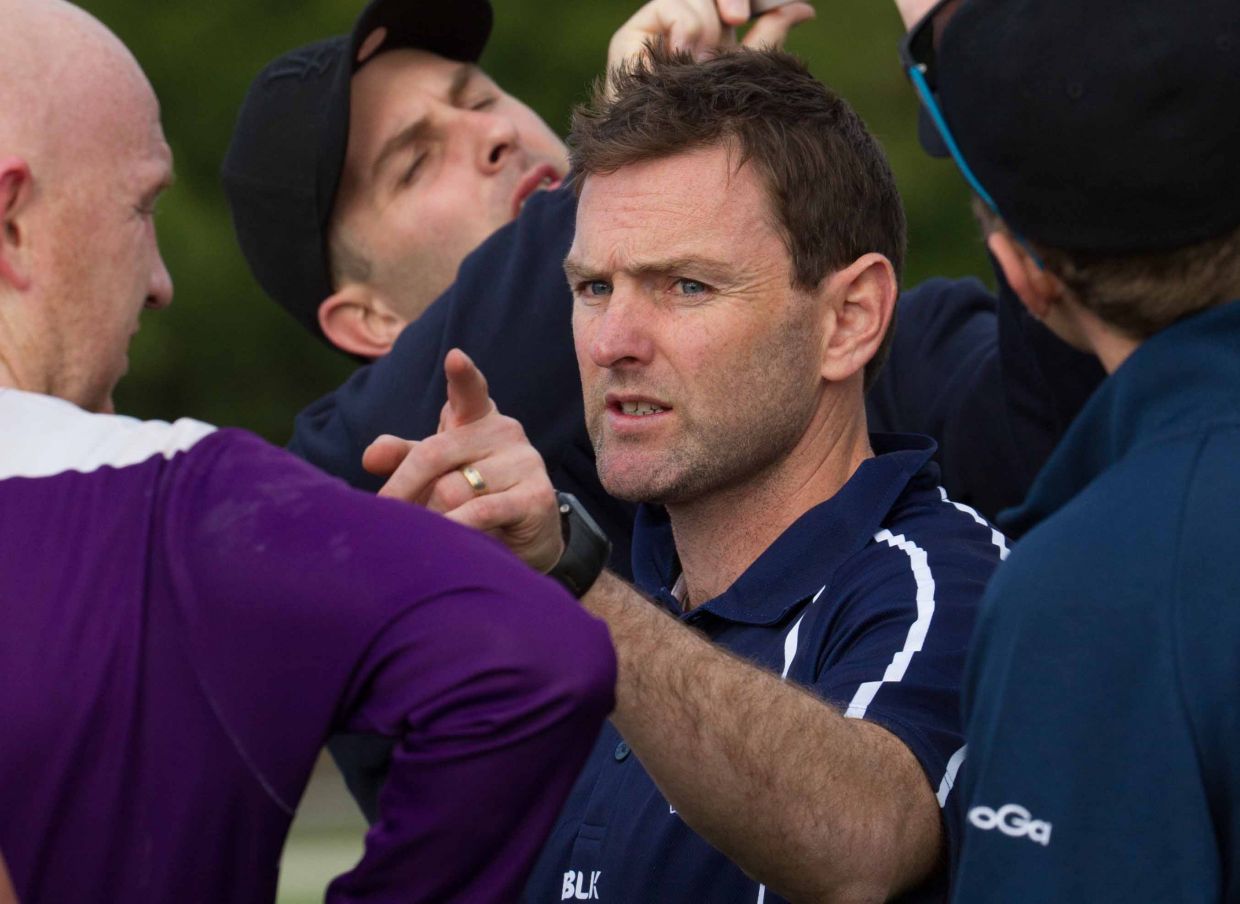
Michael Sholly – VAFA CEO
I watch a lot of football on the weekends, both VAFA and AFL. I try to watch at least two VAFA matches and another two or three AFL games. I also consume a number of the review shows to keep up with the issues surrounding football. Some of these are administrative, some are about the rules and others are to do with coaching and playing. I’m sure many of you do the same.
This week the fact that grabbed my attention the most was the Geelong tackle count. Geelong had 134 tackles on Friday night in their victory over Footscray (apologies but I haven’t got around to calling them Western Bulldogs) and the previous week had 40 in their 17-point loss to Essendon. Mitch Duncan had 1 in Round 8 and 17 in Round 9, Dangerfield went from 1 to 12, they brought Scott Selwood into the team and he got 17 tackles, the list goes on.
Tackling can be a measure of intent and can bring a statistical element into measuring a team’s mental willingness for the contest. In this case, I believe it was a key indicator of the mental attitude of the players. It is not about skill, as that hasn’t changed from one week to the next. Their physical attributes haven’t changed. It must be about their attitude.
It is impossible to keep players up for extended periods and after a peak match there can be let downs. In the AFL it may have happened to Melbourne and in the VAFA, after a big match in Premier, two of the leading clubs had surprisingly large defeats over the weekend.
To me, it just shows how important the mental side of the game is yet remains the often-neglected element in the coaching quadrant. Do most coaching departments focus on skills, fitness and strategy and leave out the important mental aspect of the game?
This is probably the most difficult element for a sports coach. As the head coach, you rely heavily on the strategic component of the game. Your focus is directed to your team’s game plan, the opposition’s strengths and weaknesses and endeavour to devise a method to win each week. With limited time and resources some coaches can’t even focus on the opposition but rather pour all their resources into their team.
The head coach then, if fortunate enough, may have a fitness instructor to work on the conditioning of the players. There may also be an assistant coach or two who generally focus on skills and possibly a new training drill. These coaches can be as simple as looking for skill improvement in kicking and marking to more strategic coaching in developing various leading patterns for the forwards or body positions for a defender.
But how many clubs focus on the mental? The motivation for players to be at their best for the 18 rounds and finals? It is impossible for players to peak twenty times a year so the psychology of the players, their motivation and arousal levels, are vital to the success of the team. This is generally left to the head coach.
Maybe this element is what sets the great coaches apart from the norm. Maybe Luke Beveridge’s game plan was better than the rest last year but maybe there were other elements in play. I am sure the other teams in the competition were as fit, their skills were similar but maybe Luke got the Footscray players in a different mental state.



